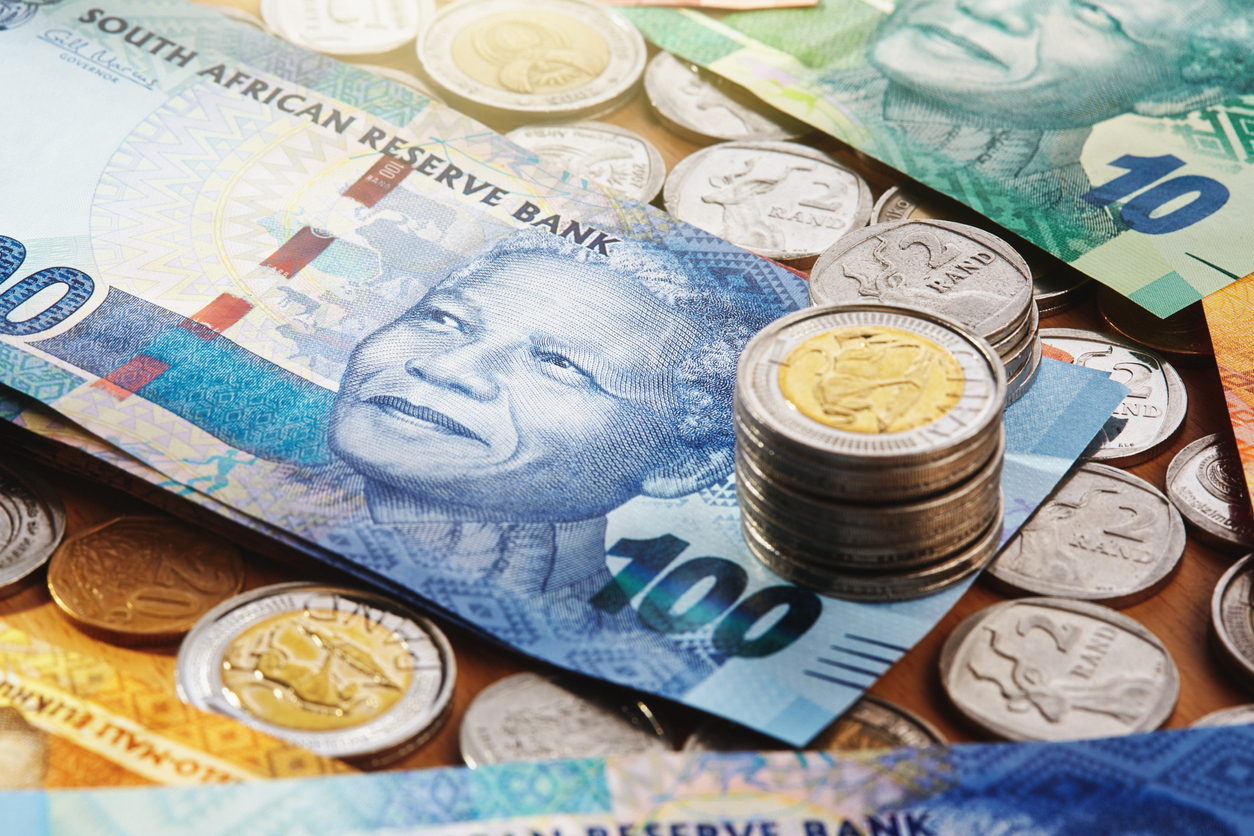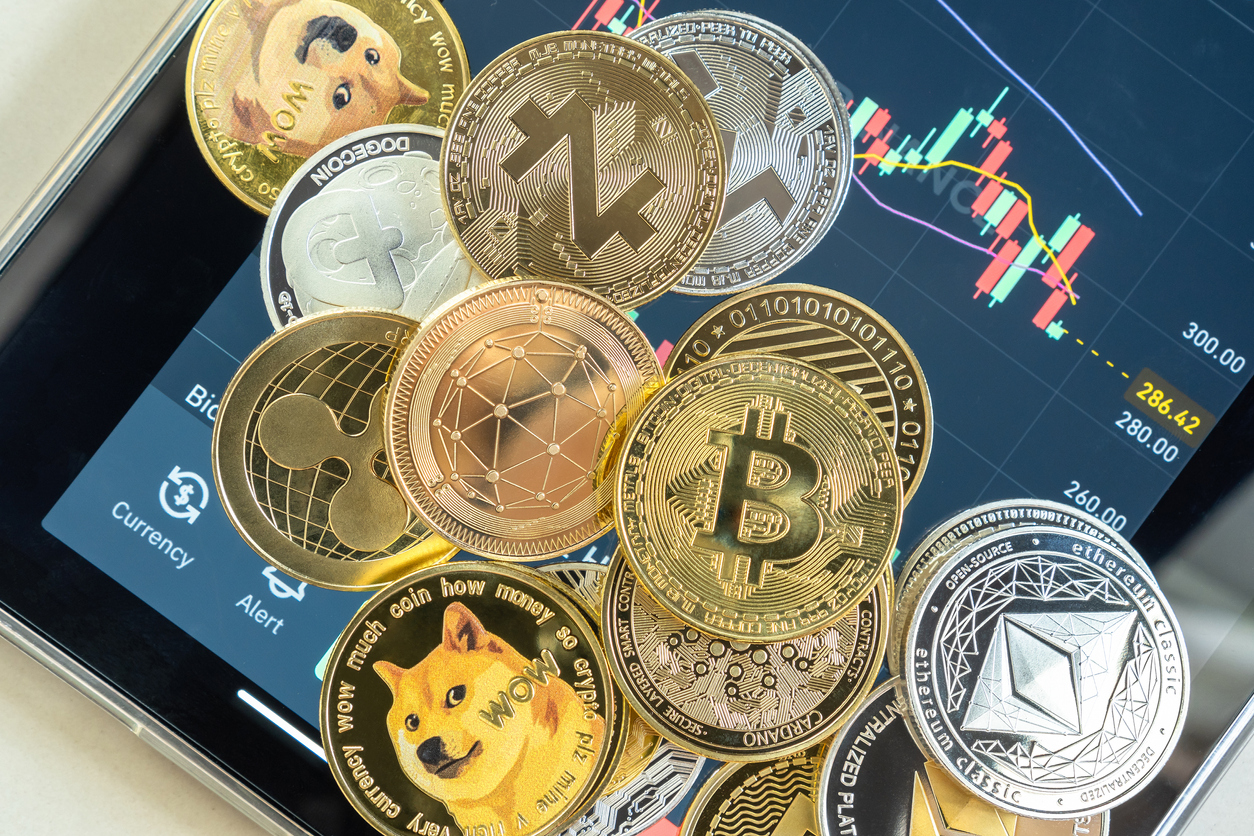Investing in currency can be a smart way to diversify your portfolio and potentially earn a profit. However, it can be risky and it requires careful consideration before making any investment decisions. Here are four important things to consider when investing in currency.
1. Investing in Cash vs. Non-Cash

When it comes to investing in currency, there are two main options: cash and non-cash. Cash investments, as the name suggests, are investments made in the form of physical cash, such as banknotes, coins, or cash equivalents. The interest rate on cash investments tends to be lower than other types of investments, but they are generally considered to be lower-risk investments since they are highly liquid and can be easily accessed when needed.
Non-cash investments can take many forms, including stocks, bonds, real estate, and commodities. When an investor makes a non-cash investment, they are essentially buying an ownership interest in an asset, and the value of their investment will fluctuate based on the value of that asset over time. Non-cash investments tend to have higher potential returns than cash investments, but they are also higher-risk investments since they are less liquid and may require a longer holding period to see returns.
It is important to carefully consider your options and consult with a financial advisor before investing in currency, especially if you are considering cash.
2. Investing in Non-Major Currencies

Non-major currencies, such as the South African rand or the Brazilian real, can seem attractive to investors because they often have more volatile movement than major currencies like the Canadian or US dollar, or the Euro, which can mean that there is potentially more profit to be made.
However, investing in non-major currencies also carries more risk. These currencies are often less stable and more vulnerable to economic and political turmoil, which can lead to sudden and dramatic drops in value. As a result, investors may be more likely to lose money when investing in non-major currencies.
Before investing in non-major currencies, it is important to carefully research the economic and political conditions of the country in question, as well as any potential risks associated with the currency.
3. Buying Unsecured Options and Forwards

Unsecured options and forwards are financial contracts that allow investors to buy or sell currency at a specific price at a future date. While these contracts can offer potential profits, they also carry significant risks.
For example, if an investor purchases a forward contract to buy a certain amount of currency at a specific price, but the currency's value drops before the contract is fulfilled, the investor may be forced to pay a higher price than the current value of the currency. This can result in significant losses.
It is important to carefully consider the potential risks and rewards of unsecured options and forwards before investing in currency in this way.
4. Cryptocurrency

Cryptocurrencies, such as Bitcoin or Ethereum, have become increasingly popular in recent years as an alternative investment option. However, investing in crypto carries significant risks and is not recommended for most investors.
Crypto is highly volatile and can experience dramatic fluctuations in value. Additionally, the market is largely unregulated, meaning that there is a higher risk of fraud and scams.
Furthermore, the underlying technology of cryptocurrency, known as blockchain, is still relatively new and untested. As a result, there is significant uncertainty about the long-term viability and potential of crypto.
While some investors may choose to invest in cryptocurrency as a speculative venture, it is generally not recommended for those seeking a stable and reliable investment option.
Investing in currency can be a potentially lucrative way to diversify your portfolio, but it also carries significant risk. By carefully considering your options and consulting with a financial advisor, you can make informed decisions and avoid costly mistakes. When expenses are in a foreign currency, it’s imperative to ensure that they don’t increase with currency movements. Global Currency Services has several tools to protect your income and minimize your expenses, click here to get started.
